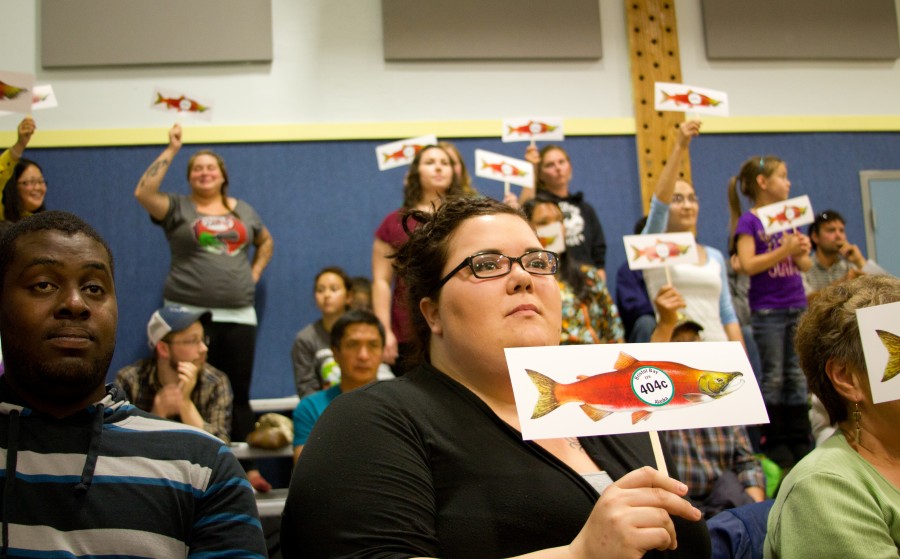Past Event! Note: this event has already taken place.
DGES Founders Seminar Presents Dr. Karen Hébert
March 9, 2015 at 11:00 AM to 1:00 PM
| Location: | A410 Loeb Building |
| Cost: | Free |
| Audience: | Anyone |
| Key Contact: | Natalia Fierro Marquez |
| Contact Email: | natalia.fierromarquez@carleton.ca |
| Contact Phone: | 613-520-2600 x 2560 |
The Department of Geography and Environmental Studies Presents:
Dr. Karen Hébert, Assistant Professor
Department of Anthropology and School of Forestry & Environmental Studies at Yale University
on
New Species of Environmental Politics: Taking Sides with Salmon in Coastal Alaska
Abstract:
Salmon has become the centerpiece of recent efforts to protest controversial resource development proposals in coastal Alaska. This paper examines how salmon has come to animate such mobilizations, analyzing the emergent mode of environmental politics this signals. Drawing on ethnographic research in southeastern and southwestern Alaska, the paper explores how changes to commercial salmon production that accompanied efforts to address an economic downturn in Alaska’s salmon industry in the early 2000s contributed to reconfiguring commercial fishing as a mode of environmental care, often expressed through the idiom of ecological stewardship. Environmental campaigns today reposition salmon from a natural resource battled over by opposing user groups to an environmental good belonging to the collective. But belonging, in the sense of inclusion or affinity, is precisely what comes to be at issue in this shift, as taking sides with salmon redraws lines of social struggle. Whereas residents of coastal communities once competed to use salmon, they now compete to be useful to salmon as a means of gaining legitimacy in environmental contests. The paper argues that while this inspires efficacious action, it also unevenly distributes the resources through which successful claims to salmon stewardship might be performed. By showing how the presence of salmon alters the mobilizations waged in its name, the paper contributes to recent scholarship on materiality and politics. At the same time, it reveals both the power and the limits of emergent ways of understanding the environment for mobilizing a kind of environmentalism that might transcend histories of divisiveness and inequality.

Photo by Luke Brummer